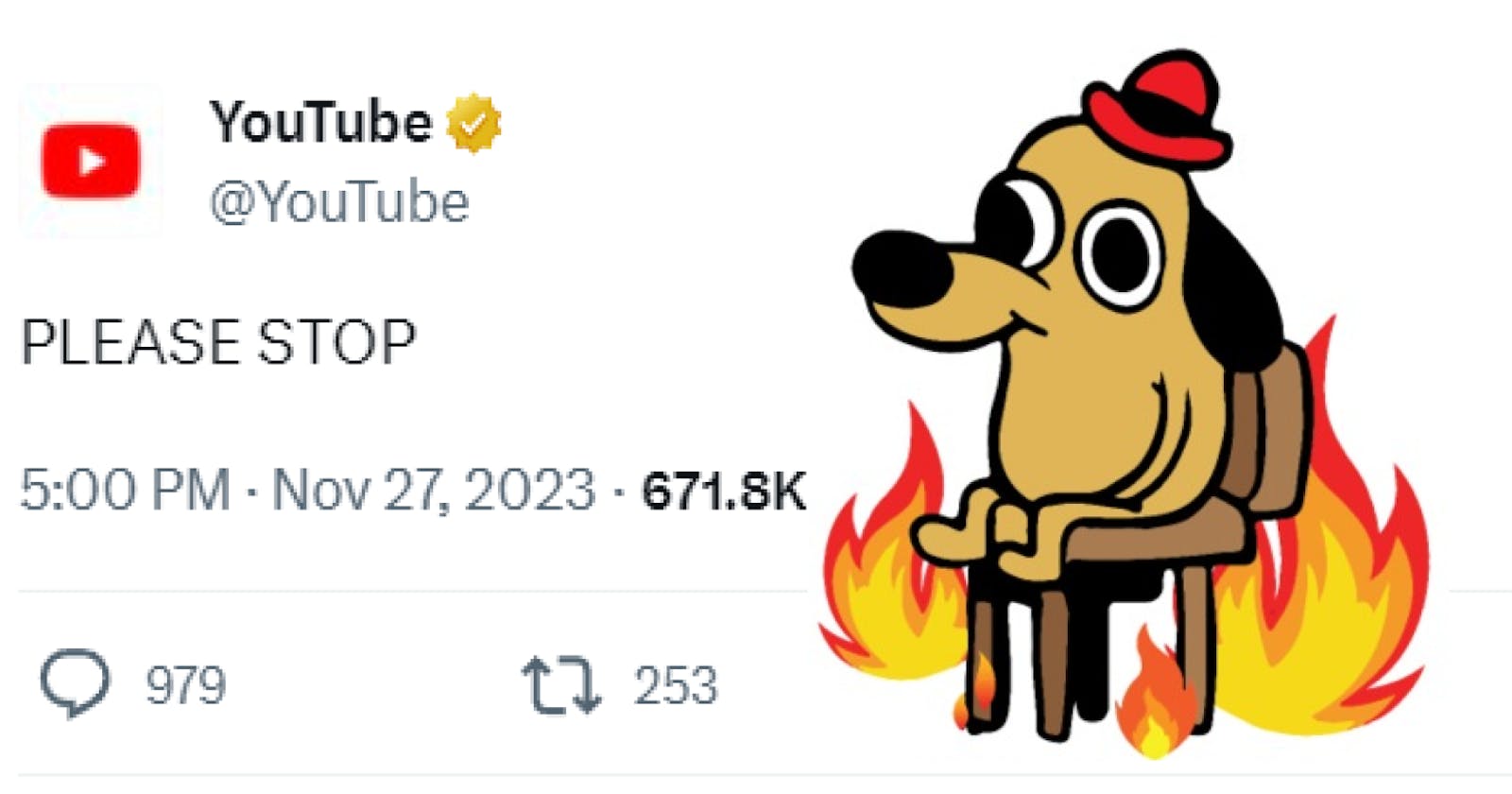Let's discuss the trap of the disguised procrastination as constant learning without application, a common obstacle for many developers.
Tutorial hell
Learning is incredibly comfortable and the quality of tutorials keeps getting better and more addictive to our brains, but growth happens when we step out of that comfort zone.
When we have the sum of near all possible programming related knowledge is at the tip of our fingers through Google or an AI chatbot, it's easy to fall into the trap of trying to learn everything you possibly can.
But is this endless pursuit of information actually leading us closer to being better programmers? Or is it just a cleverly disguised form of procrastination?
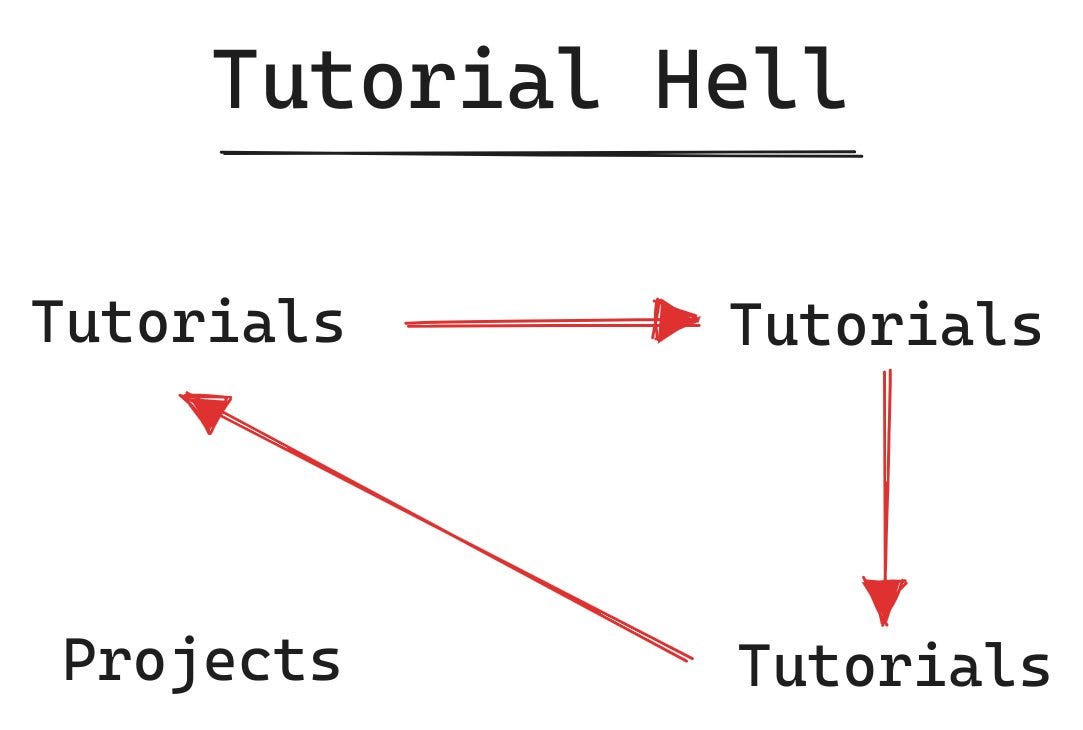
We often get caught thinking that more information will make us better. And while that's very important, it's not the amount of knowledge that we get that matters. Just like you won't become a piano master by just reading all about playing the piano. Is it helpful? Sure, but it only gets you so far.
Knowledge vs Skill
The bridge between knowledge and skill is in application. It's one thing to know the theory on how to build an entire web application and another to actually do it yourself.
Instead of trying to learn for the sake of learning, try learning for a specific and achievable goal.
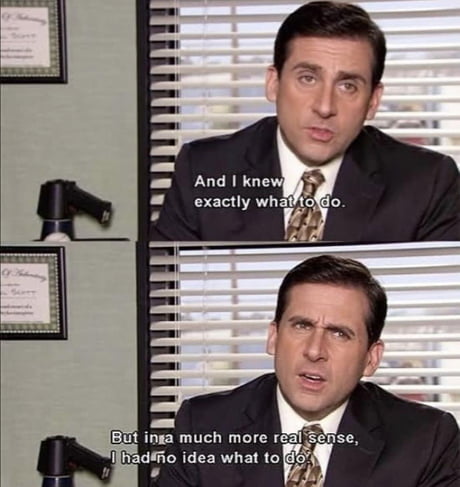
Pick a project that you would like to finish and learn only what's necessary for you to complete it. This will ensure that your consumption of information is targeted and applied immediately.
Limit your information intake
It's easy to get caught up in the idea that the more you learn the better. The truth is, consuming too much information without application can lead to confusion, burnout, and analysis paralysis.
So next time you find yourself on youtube watching your 40th tutorial of the week, ask yourself, how can I use this on a project today? And start applying it.
Analysis paralysis
This brings us to analysis paralysis.
With endless resources at our disposal, it's easy to become overwhelmed by the amount of what we could learn. This often leads to analysis paralysis – an inability to decide due to overthinking. The trick is to recognize when you're over-analyzing and to take a step forward, even if it's small.
In its essence, analysis paralysis is rooted in fear - fear of making the wrong decision, fear of missing out on a better option, or fear of failure. The more options and information one has, the harder it becomes to choose, leading to a state of stagnation.
Remember, progress is better than perfection. Start with one language, one framework, or one concept.
Share your work
You can start overcoming this by sharing your work.
Sharing your work is extremely brave. It involves making the decision that a project is finished and ready to be seen by others, whether that's within a community or among friends.
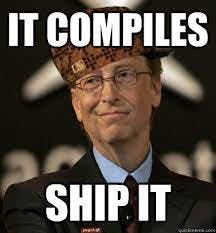
Embrace the feedback you receive, whether positive or negative. Feedback is a powerful tool for growth. It offers new perspectives and insights that you might have missed. It can challenge your assumptions and push you to improve.
Get into the habit of declaring a project finished. Letting go of your creations and putting them out into the world is one of the quickest ways to improve. It helps you understand what it means to have people actually using your products.
Beware of endless tweaking! While it might feel like you're making progress, endless revisions often lead to feeling lost and less empowered. It's a form of procrastination that can prevent you from moving on to new challenges and learning opportunities.
Wrapping up
So, let's make a deal: instead of diving into your next 1342th tutorial, go ahead into building your project. Put into practice what you've already learned. Embrace all the tears and the learning opportunities that come with actual development.
Real growth happens when you apply your knowledge, not just when you accumulate it.
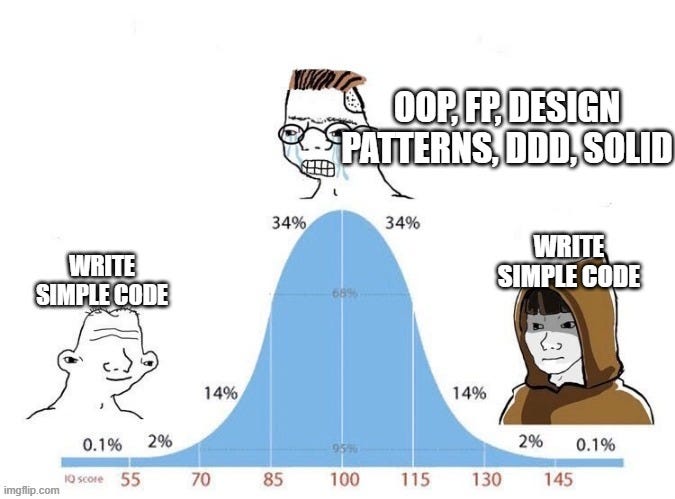
Once you've made progress or completed your project, come back and share your journey. Create content about your experience, your challenges, your solutions, and what you've learned along the way.
